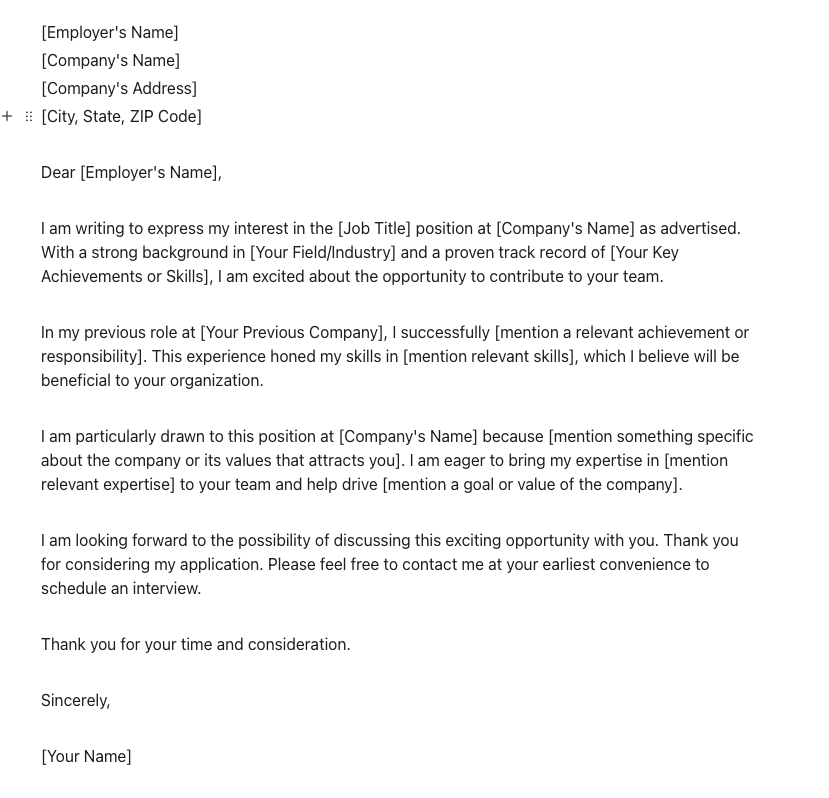Possibly, many consider that the modern oil and gas industry, with its platforms, deep wells, pumping systems and distribution networks, is a creation of the nineteenth century onwards, an associated with Western industrialization. And although they are not entirely wrong, the truth is that there was already a nation that had developed techniques for drilling, extraction and transporting energy resources with a simply amazing level of sophistication. That nation was China, and it did it a thousand years before Edwin Drake perforated the first commercial oil well in 1859.
Before the crude. As we said, although the collective imaginary places the beginning of the exploitation of hydrocarbons in the industrial revolution of the nineteenth century, history shows that ancient civilizations had already developed surprisingly advanced techniques of energy extraction. In fact, in the Chinese province of Sichuan, more than one millennium before the first commercial wells in the United States or Russia, entire communities already drilling the land to obtain brine and, later, natural gas.
The search for salt, vital for food conservation and human nutrition, led Chinese engineers to devise sophisticated percutive drilling systems, operated with bamboo towers, pulleys, jump platforms and specialized metal tools that remember, in many ways, those employed in the modern oil industry.
Challenging your time. The wells, initiated during the period of the combatant kingdoms (480–221 AC), reached depths of up to 250 meters already in the Tang dynasty, and exceeded the kilometer in the 19th century, long before the West even dreamed with such achievements. For each phase of the process, different bits were used (in the form of fish tail, silver or horseshoe) adapted to the type of rock.
Solutions for problems such as broken bits or collapsed wells were also developed, using ingenious technologies such as elongated bamboo tubes with fin valves, hydraulic cements based on Tung oil, and shutter with expanded straw. Then, by 1050, the introduction of flexible bamboo cables allowed greater depths to be achieved and simplify the operations a little more. By 1835, the Shenghai well officially reached 1,000 meters deep, a milestone in the world.
From the byproduct to the energy treasure. Everything changed at a given time. During drilling in search of brine, workers began to run into natural gas bags, initially seen as dangerous or useless. But over time, that gas (mainly methane, often mixed with hydrogen sulfide) was recognized as an energy resource and used for lighting, heating and, above all, to feed the boilers that evaporated the brine.
This transition became crucial when deforestation prevented continuing to use firewood. The need promoted the invention of the so -called Kang Pen drum, which allowed to extract and separate gas and brine, and in an early form of carburetor that mixed gas with air to achieve more efficient combustion. In turn, the old perforators also included geology rudiments, placing gas wells in high areas and brine in valleys, according to the formation of underground bags.
Industrial Network Without Pare. Over the centuries, the region was filled with bamboo towers, merchant ships and an infrastructure that included hundreds of kilometers of pipes constructed completely with bamboo. Far from being rudimentary, those pipes were precisely sealed by tung oil cement and braided rope, which made them surprisingly stagnant and durable.
To get an idea, in the 1950s there were more than 95 km of these conductions. A complex system that transformed Zigong and other cities into industrial, commercial and cultural centers. The operation was so extensive that it required uninterrupted shifts and written legal contracts (some of the first in the history of China) to distribute tasks and resources.

Historical and legacy. The scale and sophistication of the Sichuan gas field eclipsed other premodern operations in Europe or Central Asia, such as those of Naples or Baku. Beyond the volume produced, the most notable was the continuity and efficiency of the system itself. Even today, the region produces about 30,000 million cubic meters of gas annually, in many cases from perforated wells ago.
However, the work is still dangerous: in 2003, a gas explosion near Chongqing killed 233 people and left 9,000 intoxicated, but the accumulated experience over almost 2,000 years avoided a major catastrophe. That technical and human legacy is, in fact, honest in the Shanxi Salt Museum, where detailed original tools and models are preserved that document an industrial feat advanced to their time by millennia.
If you also want, the history of Sichuan not only rewrites the origins of oil and gas in a way: redefines what we consider possible in ancient civilizations.
Image | Thomas dependb, cseg
In WorldOfSoftware | In its effort to extract oil, China is beating records: it has drilled a well -deep well
In WorldOfSoftware | 2025, a raw year: the sanctions to the Russian ships and the tension with China are raising the Price of oil










